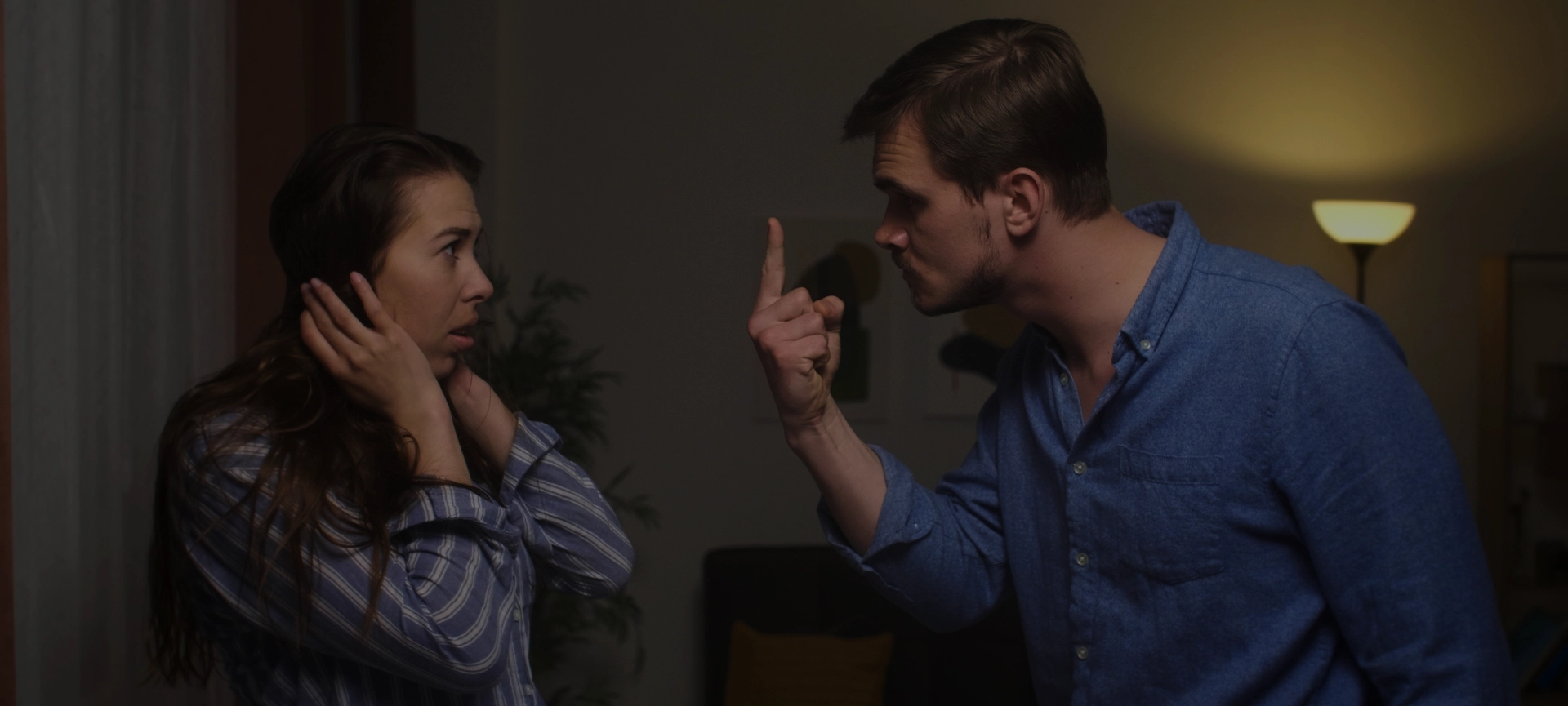In yet another twist to a tragic legal case, David Stephan and Collet Stephan have been ordered by the Court of Appeal of Alberta to stand trial for a third time on charges of failing to provide the necessaries of life to their 19-month old son Ezekiel, who died of bacterial meningitis in 2012. The couple used herbal and naturopathic supplements to treat his illness, seeking medical intervention only towards the very end.
The Court of Appeal ruled in R. v. Stephan 2021 ABCA 82 there were serious legal flaws in the 2019 retrial decision by Justice Terry Clackson of the Court of the Queen’s Bench of Alberta to acquit both parents: R. v. Stephan 2019 ABQB 715.
[…]
Michael Spratt, a partner with Abergel Goldstein & Partners LLP in Ottawa, believes the Court of Appeal made the correct decision to order a new trial.
“It is important that people are held accountable for their actions and it is equally important that courts dispense justice without any hint of bias or prejudice,” said Spratt.
Although it is an unfortunate reality that when courts make mistakes this can sometimes lengthen an individual’s journey through the legal system, “ultimately we want to make sure that when people are acquitted, or when people are found to be guilty that that is done properly, and we don’t favour expediency over a fair and accurate trial process,” Spratt emphasized.
[…]
Spratt agreed the trial judge was likely in error to assert the Crown must prove that medical intervention would have saved the child’s life. “The trial process isn’t very good at predicting hypothetical outcomes. Instead, it’s focused on the actions and intents of individuals. The main issue is ‘Was appropriate action taken? And if it wasn’t, does that rise to an offence?’” he said.
Spratt also agreed there was a reasonable apprehension of bias as a result of the trial judge’s comments about the forensic pathologist. “The trial judge, from my perspective, made incredibly inappropriate comments, and relied on irrelevant, and what can be seen as stereotypical and racist attitudes, that could well lead to the perception that the court’s evaluation or rejection of that evidence wasn’t above board,” he elaborated.
[…]
Read Jeff Buckstein’s full article: The Lawyer’s Daily



